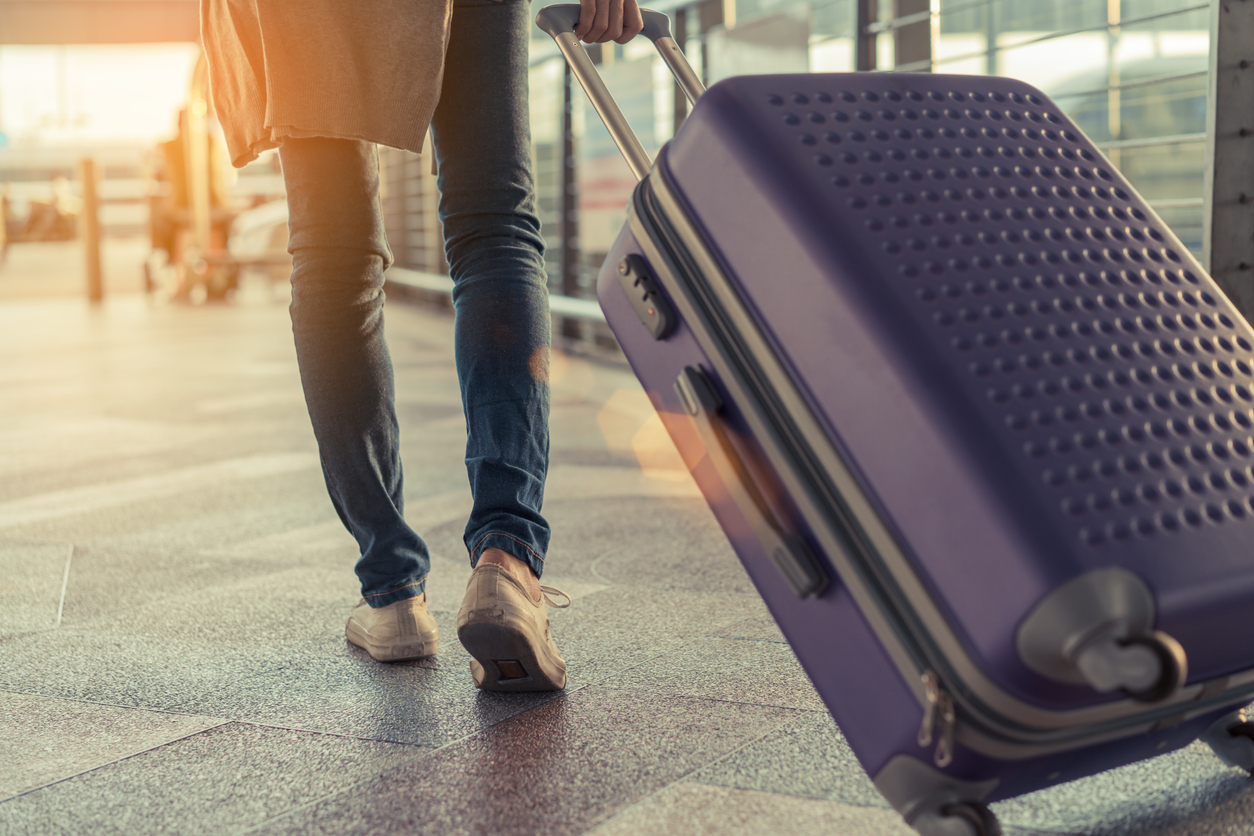How to prepare for moving abroad

How to prepare for moving abroad
The idea of moving to somewhere new is exciting, but can leave you overwhelmed by the sheer amount of tasks that you need to carry out ahead of your journey. But fear not, as we’ve provided a handy shortlist of the most important considerations you’ll need to address before moving. Get these sorted and you can’t go too wrong.
1. Identification documents
Your first task is to put all of your identification documents together in a safe place. It’s worth hand
carrying them on your journey and then keeping them in a safe or somewhere secure in your new home. Misplacing
any of these could put you in a difficult position and there’s nothing worse than losing your passport while
abroad. Key documents that every globally-mobile person needs to keep on hand is their passport, driving licence,
birth certificate, health insurance info and medical records.
2. Visa and work permits
If you’re planning on working in the country that you’re moving to, it’s of course important to know the local
laws around visas and work permits. If you’re being sent on assignment or moved to an overseas post by your
company, they will often have a team that will handle this for you. For digital nomads and other expats, you can
get up-to-date information on visa and documentation requirements for 238 countries by visiting Visa List.
3. Accommodation and living
arrangements
It’s unlikely that you’ll forget this one, but do make sure that you organise
exactly what your living arrangements will be in your new location, well ahead of your move. A good place to
start is by researching the local area and the options you have available. Where has good transport links?
Where’s close to work? Will you have a car or do you need to be in the city centre? All of these questions need
to be answered before choosing where to find accommodation.
If you’re looking for somewhere to rent, try
searching locations on an international rental site, such as housinganywhere.com.
For tips and advice on how and where to find accommodation, expat networks such as Expat Exchange
have useful information from others that have been in your position.
4. Tax obligations
You need to notify the relevant tax authority in your home country that you are planning to leave. Doing so
ensures that you won’t pay additional taxes that you’re exempt from while living away. For US citizens living
abroad, you could qualify for either the Foreign Earned Income Exclusion (FEIE) or the "Foreign Tax Credit. UK
citizens that live abroad permanently are classified as ‘non-domiciled’ residents, meaning they might not need to
pay tax on income earned. Learn the law of your homeland and stick to your requirements to ensure that you don’t
have a large tax bill to pay in the future.
5. Relocating your belongings
Whether you’re moving abroad for six months on an international assignment, or making a fresh start in a new
country, you will need to relocate your belongings. Start by making a note of everything that needs to come with
you. It’s worth checking with your new country to see whether they have any restrictions on what items can be
brought in.
An international moving company is the easiest way to manage the relocation. Make sure to do
your research on which company to use, as there are loads out there. Prices vary depending on the means of travel
they use. For instance, by sea is slower than air travel, but is also much more cost effective. That said, if
you’re relocating from the UK to Australia, it could take a month for your belongings to reach your new home by
sea. Choosing air travel could take as little as a couple of days. Do your research and find a good company that
can lay out their pricing options and information for you.
6. Sort out your insurance
If you’re planning to live in a foreign country for an extended period of time, you will need to purchase some form of health insurance. Healthcare around the world can be extremely expensive and it’s impossible to foresee when you will need treatment.
A good international health plan will generally protect you wherever you are in the world, along with providing you with more consistent coverage, if you’re travelling around different countries. If you don’t speak the local language, international health insurance also has the added benefit of providing access to a network of English-speaking doctors, which is useful in a time of need.
Get a quote from several providers and make sure to find a comprehensive plan with solid protection. Cheaper plans may save you money, but generally won’t cover a number of common medical treatments. This could leave you paying out-of-pocket for treatment yourself, defeating the purpose of health cover.
Read more about what to look for in a health insurance plan here.
7. Finances and bank accounts
Before your move, it’s essential that you do some research into the cost of living in your new location. This means working out a rough budget for accommodation, food, petrol, energy, travel and general living and social costs. Expatistan has realistic cost-of-living data on cities around the world, along with a handy comparison tool to help you with put these costs into perspective with your current city.
In addition, you can save a lot of time and money by setting up an overseas bank account before your move. Using a foreign bank account overseas will leave you exposed to paying both huge fees and a poor exchange rate on any purchases you make. This could also impact on your takeaway pay, depending on which currency your salary comes in through.
Many people find it easier to keep their current account, but open a separate account in their new location, for their salary and everyday purchases. It’s possible that your current bank will have a presence in your new country, so it’s worth enquiring whether you can open a new local account with them, before looking elsewhere. Otherwise, if you’re a digital nomad moving across different countries, it’s worth setting up an account with a nomad friendly bank.
Learn more about banks for digital nomads and international citizens here.
8. Language
English speaking countries, such as Australia, New Zealand and Canada are popular places for UK and US nationals to re-settle, largely because they speak the same language. But if you’re an English speaker moving somewhere that doesn't speak English, learning the local language can be a huge advantage.
Ahead of your move, practice the basics and familiarise yourself with the accent and dialect of the locals, so
you know what to expect. Learning a few basic greetings and phrases can help you to engage with the community and
is hugely useful when it comes to visiting a doctor, or local shops and restaurants.
9. Culture
and lifestyle
It sounds obvious, but the best way to prepare for the culture of a new country is to do your research. Read about the local area, history, food and entertainment. Prepare some adventures and activities for yourself when you arrive, so you can get stuck in right away.
A great way to learn is by joining an online expat community or forum. Often, these sites will include
resources, information and tips on the local area – from one foreigner to another. They also host regular meet
ups to socialise and make new friends, which can be great for when you arrive.
10. Family and
friends
Just because you’re moving abroad, it’s unlikely that you’ll want to completely abandon your friends and family. Staying in touch with those back home has never been easier, with apps like Skype and WhatsApp allowing you to text and call overseas for free. Ensure that everyone knows your new address and make a plan to keep in touch with those you care about – you’ll need them if you ever come home.





